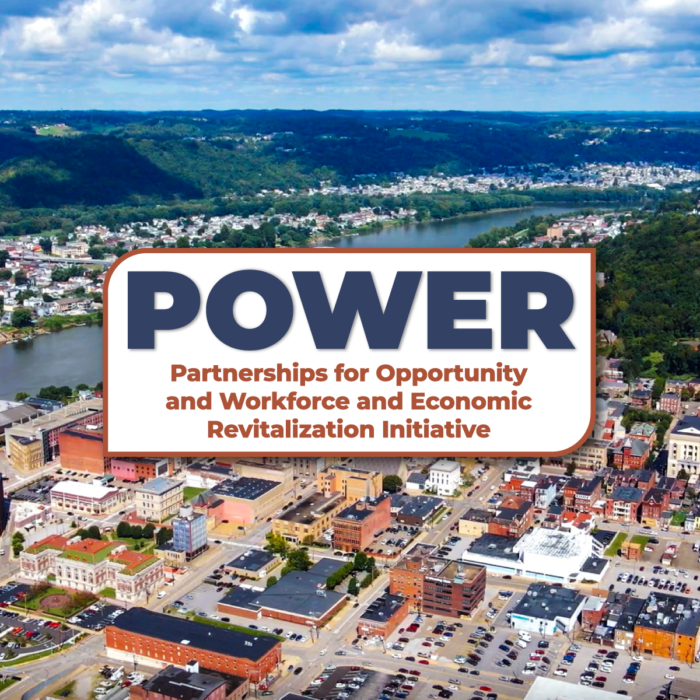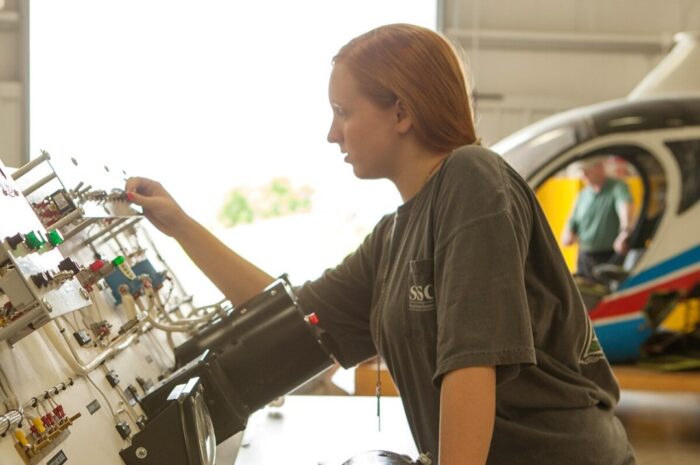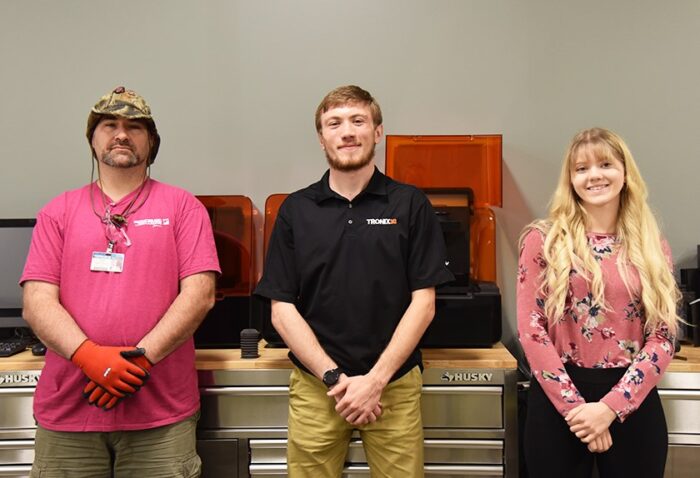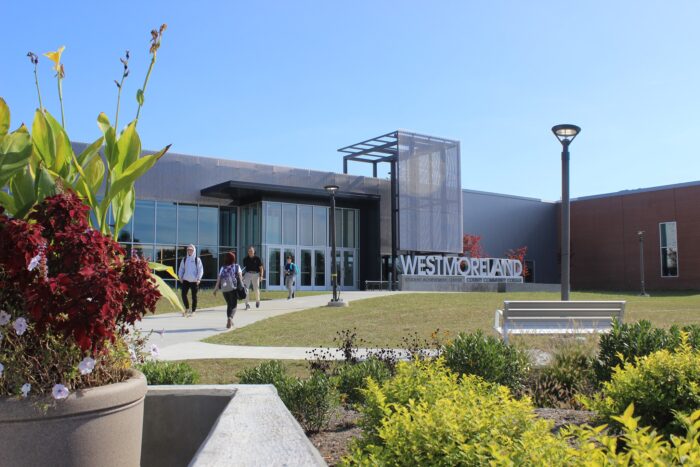
TEAMing Up in the Tristate Area
In the heart of Southwestern Pennsylvania, Westmoreland County Community College (WCCC) is leveraging partnerships for a powerful impact on workforce development. The key to their success? Teaming up across institutions – and states – to create career paths in coal-impacted communities.
WCCC is part of the TEAM (Tristate Energy and Advanced Manufacturing) Consortium, which received an ARC POWER grant in 2018 to better connect students and workers in Ohio, Pennsylvania, and West Virginia with emerging opportunities. These communities were simultaneously experiencing declining coal production and rapid sector growth, including natural gas and advanced manufacturing. To address dislocation and skill gaps, TEAM aligned dozens of public, private, and educational partners to understand employer needs, develop shared curricula, allow credit transfers between participating institutions, and more for tri-state students. As of 2021, the project served over 3,100 students and 8,200 worker trainees, created 600 jobs, and improved 120 participating businesses.
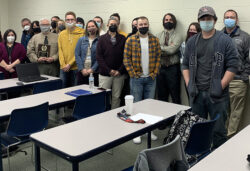
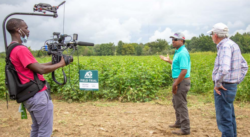
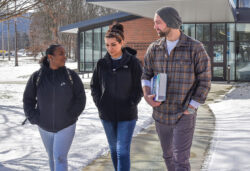
New Careers for a New Generation
In March 2022, WCCC took the lead on Phase 2 of TEAM and received a $669,625 POWER grant for TEAM Pathways 2.0. The funding will be used help broaden TEAM’s service area to 18 new counties, reaching a grand total of 45 counties and 10 community colleges across three states.
The project will also incorporate a more skills-based approach to learning, adopting new curriculum modules and helping folks inside and outside of Appalachia to see that this tri-state region is transitioning “from Rustbelt to robotics.” Furthermore, TEAM will continue raising awareness of emerging energy and advanced manufacturing jobs, particularly by reaching students earlier through K-12 programming that involves community-based organizations.
WCCC expects to serve another 3,800 students and train 1,500 more workers through the next phase of the program, ultimately addressing crucial workforce gaps in communities facing economic transition and the lingering impacts of COVID-19. ARC is proud to support their collaborative approach to building a strong, multi-state workforce ecosystem that connects Appalachians with viable career paths and allows them to remain in the coal-impacted communities they call home.
In October 2023, WCCC will host an Interagency Working Group on Coal and Power Plant Communities and Economic Revitalization (Energy Communities IWG) event focusing on available federal funding opportunities to spur economic development in Pennsylvania’s energy communities. Attendees will have the opportunity to engage directly with federal officials to share challenges their community faces and identify solutions to address those needs. Pennsylvania Governor Josh Shapiro, Pennsylvania Senator Bob Casey, and ARC Federal Co-Chair Gayle Manchin will be among the featured speakers at the event.
